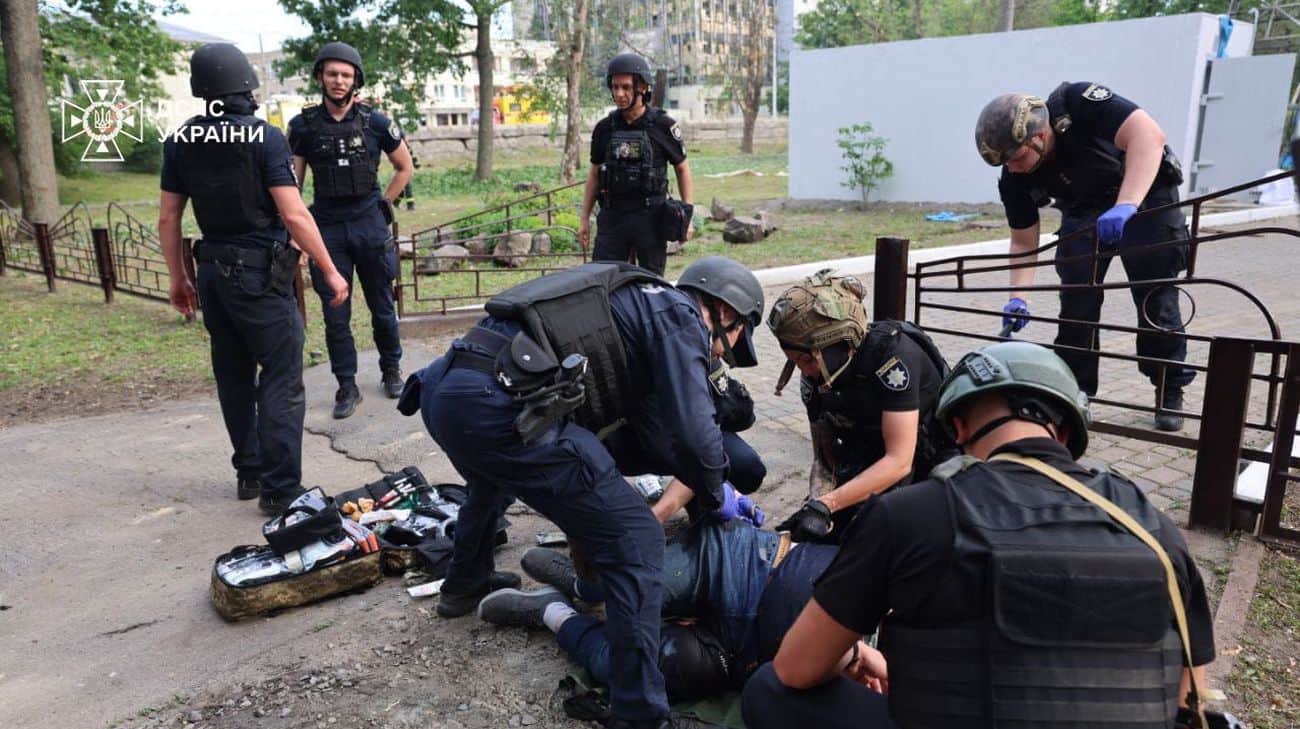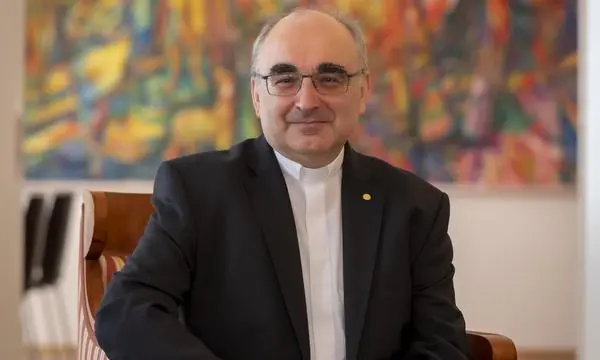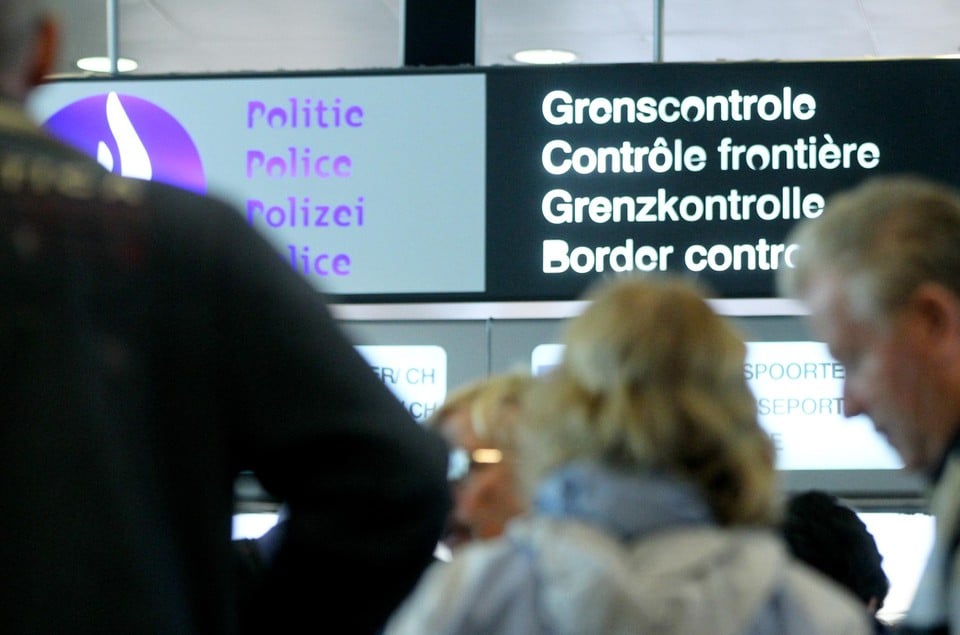Recommend simple setting and more money in two stages

The arbitrators in the collective bargaining dispute of the federal government’s public service and come an increase in income to two stages: on April 1, 2025, there should be an increase of three percent, but at least 110 euros more per month. As of May 1, 2026, there should be another 2.8 percent more. This was shared by the arbitration commission, chaired by the former Hessian Prime Minister Roland Koch (CDU) and the former Bremen State Councilor Hans-Henning Lühr.
The collective bargaining talks for the more than 2.5 million employees in important jobs from daycare to garbage disposal had failed on March 17 after three negotiation rounds. Therefore, the arbitrators had to look for a solution. On April 5, the tariff partners will be negotiated again on April 5.
The new collective agreement should have 27 months of term
The proposal provides for more details. Accordingly, the new collective agreement should run for 27 months. The annual special payment for employees is to be increased from 2026. In addition, employees outside of clinics and nursing homes should be given the opportunity to exchange parts of the annual special payment for free days. From 2027, according to the arbitration proposal, they should get another vacation day.
Photo: Sina Schuldt, dpa (archive picture)
From 2026 the possibility is to be created to voluntarily increase the weekly working hours to up to 42 hours. In addition, the arbitrators recommend improving the regulations on long -term accounts, the flexitime period and working hours of emergency services.
During the collective bargaining dispute, the unions Verdi and DBB civil servants had repeatedly organized warning strikes that touched hundreds of thousands of people in everyday life, for example in clinics or care facilities or at airports.
Conflict of tariffs: originally eight percent more required
The unions originally demanded eight percent more money, but at least 350 euros more a month, as well as at least three additional days off a year. The employer side – the association of municipal employers’ associations VKA and the Federal Ministry of the Interior – described these claims as unavailable.
During the negotiations, employers were reported to increase the fee by 5.5 percent and a higher 13th monthly salary and higher layer allowances. The term remained open. This was not enough for the unions, but they wanted to continue negotiating.
Photo: Ole Spata, dpa
Ultimately, the employer called the arbitration because the unions would have moved too little. According to the last state of the negotiation, VKA President Karin Welge expects 15 billion euros to be distributed to two years.
The 26-member arbitration commission, chaired by Koch and Lühr, had met in an unknown place since Monday. Koch played the role of the “voice righteous arbitrator”, which is the decisive factor in the event of a dispute. On the basis of their recommendation, the tariff parties are now negotiating. This is expected to happen on April 5. There are no warning strikes in this tariff conflict during arbitration. (dpa)









